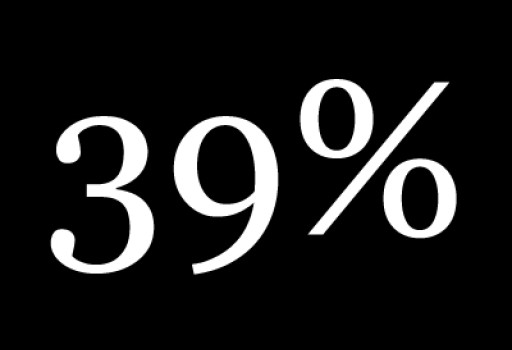20 May 2023
What does the new trustee tax rate mean for income earning trusts?
Authors

The Government announced the 2023 Budget on 18 May 2023 and there is one key take-home point for trustees of income earning trusts: the trustee tax rate will be increased to a flat rate of 39% from 1 April 2024.
The Government has made this change for the purpose of “improving the integrity of our tax system” and reflects the Labour Government’s desire for change within the New Zealand tax system.
As a result, any income earned and retained by trustees of a trust after 1 April 2024 will be taxed at the rate of 39%. However, if trustees distribute or allocate trust income to an adult beneficiary (being 16 years or older), that income can be taxed at that beneficiary’s personal tax rate.
Exceptions have been provided for deceased estates and disabled beneficiary trusts.
So, what does that mean for trustees of income earning trusts?
Trustees should first and foremost be considering the purpose of the trust and the overall benefits it holds for its beneficiaries. While there are various reasons for holding assets in trust, some key reasons include succession and estate planning, providing controlled financial support for specific people, and family asset protection from potential claims (including those resulting from director liability).
With the increase of the tax rate, trustees should be balancing administration costs and tax obligations with the overall purpose of the trust and the benefits it provides. The increased income tax rate is just another factor for trustees to consider when determining the effectiveness in continuing the trust.
If you are a trustee and want to talk about this tax rate change and how it affects your trust, the SRB Trust and Estates team are here to help. Contact us today if you have any questions.
Disclaimer
The above information is of a general nature only. The information in this article does in no way constitute legal advice and all readers should contact a law firm for advice relating to their specific circumstances.







